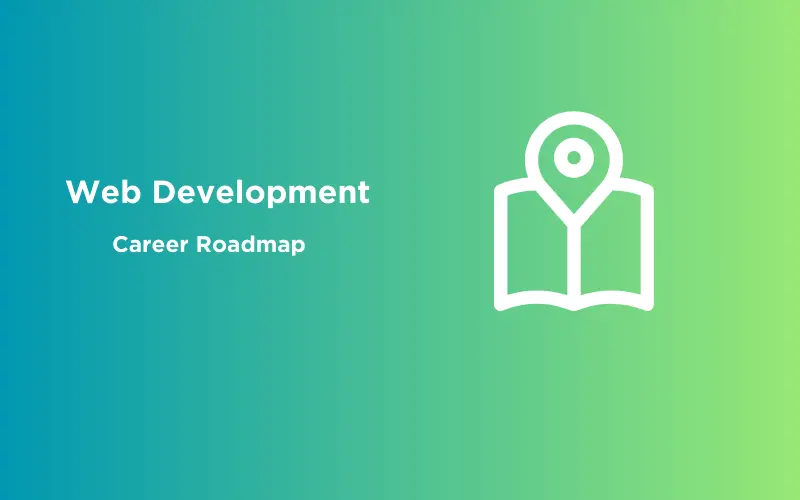
How to Become a Web Developer – Your Web Development Career Roadmap
Mar 26, 2024 5 Min Read 728 Views
(Last Updated)
Imagine a world where everything you love about the internet – from online shopping to social media – is brought to life by special tech wizards called web developers. These are the folks who build and shape websites and apps, making them fun, easy to use, and super useful.
Guess what? The need for web developers is huge! As more people want cool websites for their businesses and ideas, the demand for web developers keeps growing. It’s like everyone wants to have their own space on the internet, and web developers are the architects who make it happen.
In this adventure we’re about to start, we’re going to show you step-by-step how to become a web developer. We’ll help you learn the basics, discover the tools you need, and even guide you in creating your first web project. If you’re just starting out or looking for a new and exciting career, get ready to dive into the world of web development with us. We’re here to make it simple and fun!
Table of contents
- Essential Skills for Web Developers
- Technical Skills
- Problem-solving and Smart Thinking
- Working Together and Staying Organized
- Continuous Learning and Trying New Things
- Steps to Becoming a Web Developer
- Choose Your Path
- Learn the Basics
- Dive Deeper
- Build Projects
- Collaborate and Network
- Specializations and Advanced Topics
- Specializing in Web Development
- Exploring Advanced Topics
- Getting Your First Web Development Job
- Crafting a Strong Resume and Cover Letter
- Showcase Your Portfolio and Personal Projects
- Prepare for Technical Interviews and Coding Tests
- Continuing Education and Career Growth
- Lifelong Learning
- Advanced Courses and Certifications
- Career Paths
- Conclusion
- FAQs
- What skills do I need to become a web developer?
- Can I become a web developer without a formal degree?
- How do I find job opportunities as a web developer?
Essential Skills for Web Developers
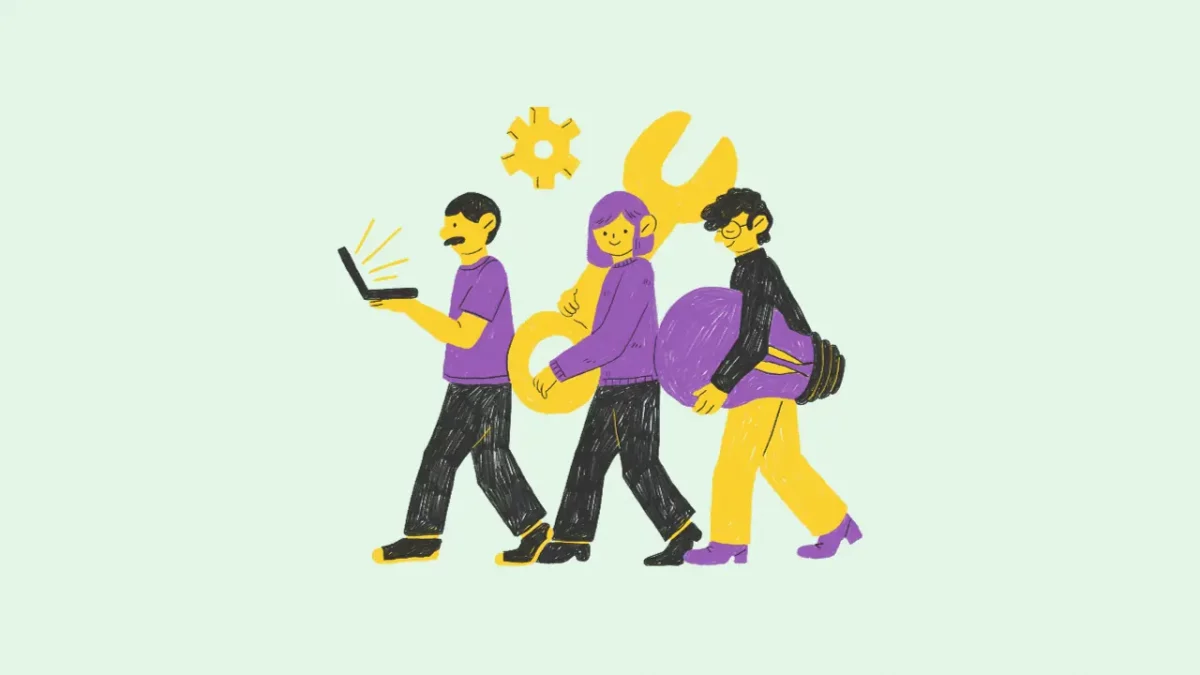
To become a great web developer, there are certain skills you must master. These skills are like tools in your toolbox that you’ll use to create amazing websites. Let’s look at what these skills are:
Before diving into the next section, ensure you’re solid on full-stack development essentials like front-end frameworks, back-end technologies, and database management. If you are looking for a detailed Full Stack Development career program, you can join GUVI’s Full Stack Development Career Program with Placement Assistance. You will be able to master the MERN stack (MongoDB, Express.js, React, Node.js) and build real-life projects.
Additionally, if you want to explore JavaScript through a self-paced course, try GUVI’s JavaScript self-paced certification course.
1. Technical Skills
Think of technical skills as the building blocks of web development. These skills include HTML (Hypertext Markup Language), CSS (Cascading Style Sheets), JavaScript, Web Development Frameworks and Libraries, etc. These technical competencies are the essential building blocks empowering developers to craft captivating and functional websites, ensuring seamless user experiences on the ever-evolving digital landscape.
2. Problem-solving and Smart Thinking
Web development involves solving puzzles. You’ll face challenges and need to figure out how to make things work. This process not only sharpens your technical skills but also nurtures your ability to think critically, fostering innovation and adaptability. Problem-solving becomes the driving force behind creating efficient, user-friendly, and cutting-edge web experiences in the ever-evolving digital landscape.
3. Working Together and Staying Organized
Web development often involves working with others. You’ll need to use tools that help you collaborate and keep track of changes. In web development, you often work with a team. To do this well, you use tools that help everyone cooperate and keep a record of changes. Being organized is super important. It means everyone can work together smoothly without any confusion. Using the right tools and staying organized helps make web development projects successful.
4. Continuous Learning and Trying New Things
Technology changes rapidly. As a web developer, you need to keep learning and adapting to new coding techniques and tools. As a web developer, you have to keep learning and trying out new ways of doing things with code and tools. It’s like staying updated with the latest trends so you can build websites that are up-to-date and work well in today’s fast-changing tech world.
By mastering these skills, you’ll become a proficient web developer who can build functional and attractive websites. These skills are your foundation, helping you navigate the world of web development with confidence.
Steps to Becoming a Web Developer
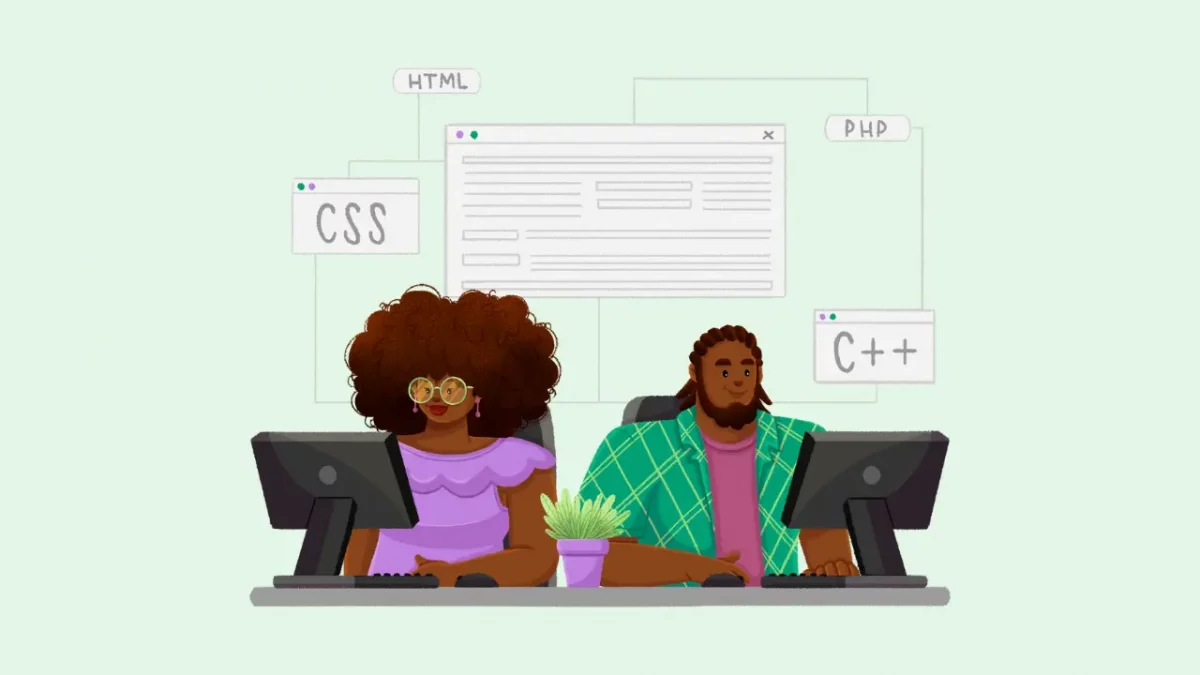
The following are the steps to become a web developer:
1. Choose Your Path
The journey to become a web developer is exciting, and the first step is deciding which path to take. There are three main paths:
Front-End Development: This focuses on the part of the website users see and interact with. If you enjoy creating user interfaces and making things look awesome, this might be your path.
Back-End Development: This involves working behind the scenes to make sure websites run smoothly. If you like problem-solving and handling data, back-end development could be your calling.
Full-Stack Development: This is like being a jack-of-all-trades. You’ll handle both front-end and back-end, giving you a complete understanding of how websites work.
2. Learn the Basics
Once you’ve picked your path, it’s time to learn the basics. Start with:
HTML (Hypertext Markup Language): It’s the structure of websites.
CSS (Cascading Style Sheets): This makes websites look good.
JavaScript: This brings websites to life with interactivity.
You can learn these basics through online platforms, coding bootcamps, or formal education options.
3. Dive Deeper
As you get comfortable with the basics, it’s time to dive deeper:
- Explore frameworks like React, Angular, or Vue. These are toolkits that help you build more complex websites.
- Learn back-end languages like Python, Ruby, or Node.js. These enable you to create the behind-the-scenes magic.
- Understand databases and server-side technologies. These are crucial for handling data and making websites work smoothly.
4. Build Projects
The secret to learning is doing. Take on real projects that inspire you and push your limits. Hands-on experience lets you put your knowledge into action and grow your abilities. Think of it as building a collection of your superpowers. This portfolio isn’t just for show; it’s a way to demonstrate your talents, adaptability, and commitment to the world. Having a robust portfolio showcases your capabilities and opens doors to exciting opportunities.
5. Collaborate and Network
Web development is a team effort. Engage with coding communities, lend your skills to open-source projects, and engage in online discussions. This collaborative spirit fosters learning and personal growth. Attend meetups, conferences, and workshops – think of them as gatherings of like-minded web developers. Here, you can both teach and learn, exchange knowledge, and expand your network. Building connections in the web development community not only broadens your horizons but also opens doors to valuable opportunities and insights, enhancing your journey in this ever-evolving field.
Specializations and Advanced Topics
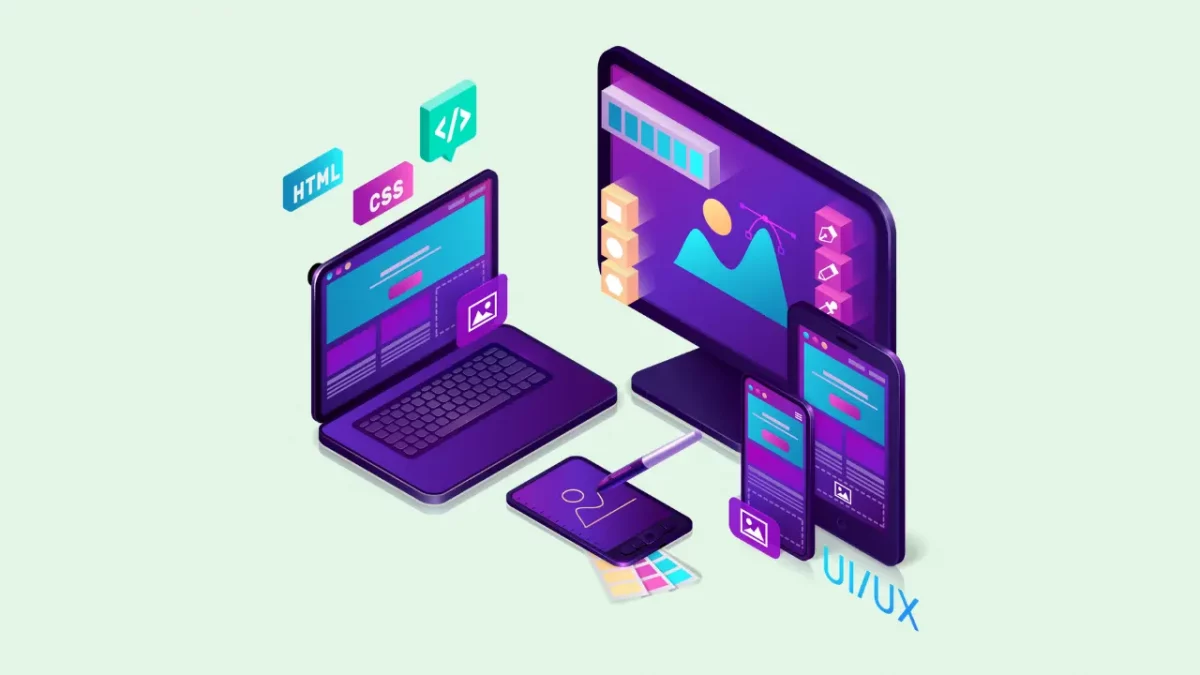
The following are a few specializations and advanced topics that can help in enhancing a career in web development:
Specializing in Web Development
As you become a web developer, you can choose to focus on specific areas. Here are some possibilities:
1. UX/UI Design
2. Mobile App Development
3. E-Commerce Platforms
Exploring Advanced Topics
Once you’re comfortable with the basics, you can delve into more advanced subjects:
1. APIs (Application Programming Interfaces)
2. Web Security
3. Performance Optimization
4. Responsive Design
In web development, you have the freedom to choose areas to specialize in and explore advanced topics. This gives you the power to shape your skills and take your career in the direction you desire.
Getting Your First Web Development Job
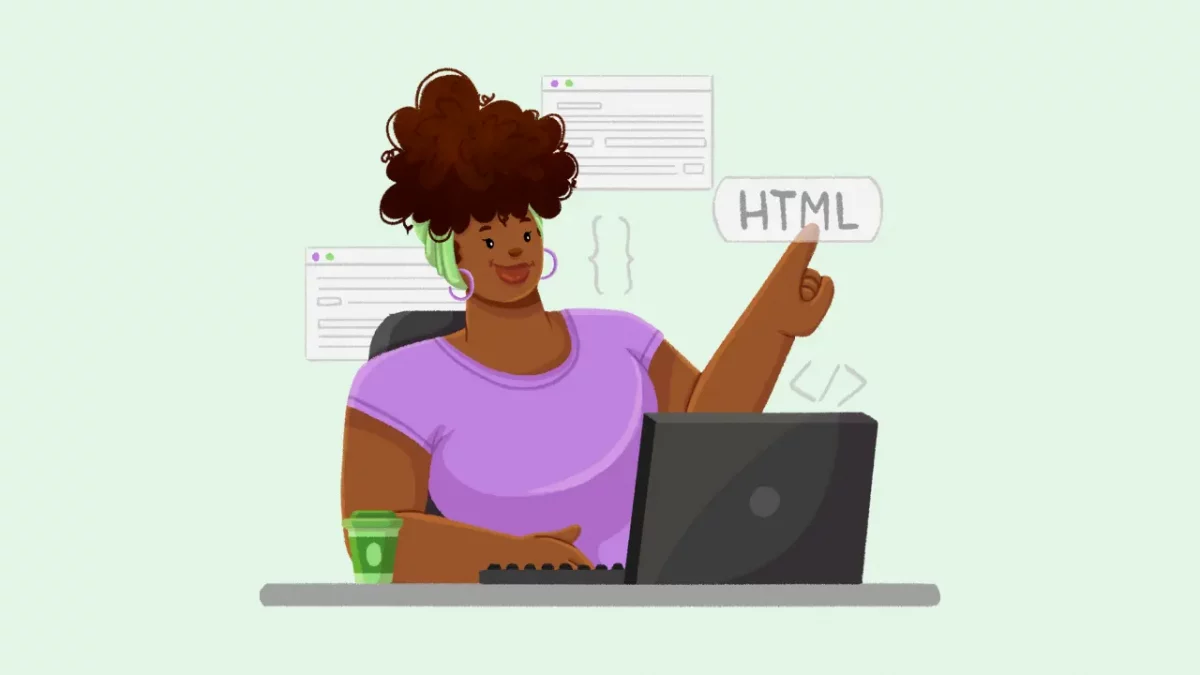
The following are a few of the most essential pointers to be followed for getting your first web development job:
1. Crafting a Strong Resume and Cover Letter
Your resume and cover letter introduce you to potential employers. Make them impressive:
Customize Your Resume: Highlight skills and experiences that match the job. Showcase your technical abilities, projects, and relevant courses.
Write a Convincing Cover Letter: Explain why you’re excited about the job and how your skills are a perfect fit. Show your passion for web development.
2. Showcase Your Portfolio and Personal Projects
Your portfolio displays your skills like a trophy:
Create an Online Portfolio: Use platforms like GitHub or build your own website. Include various projects that highlight your abilities.
Project Descriptions: Explain each project’s purpose, the technologies you used, and the challenges you conquered.
3. Prepare for Technical Interviews and Coding Tests
Get ready for technical interviews:
Practice Problem-Solving: Solve coding challenges and algorithms on platforms like LeetCode and HackerRank.
Review Concepts: Be comfortable explaining technical concepts related to the job.
Coding Tests: Some interviews include coding tests. Practice writing clean code and explaining your thought process.
Getting your first web development job is a rewarding accomplishment. With a strong resume, a compelling portfolio, and interview preparation, you’re ready to step confidently into the world of professional web development.
Continuing Education and Career Growth
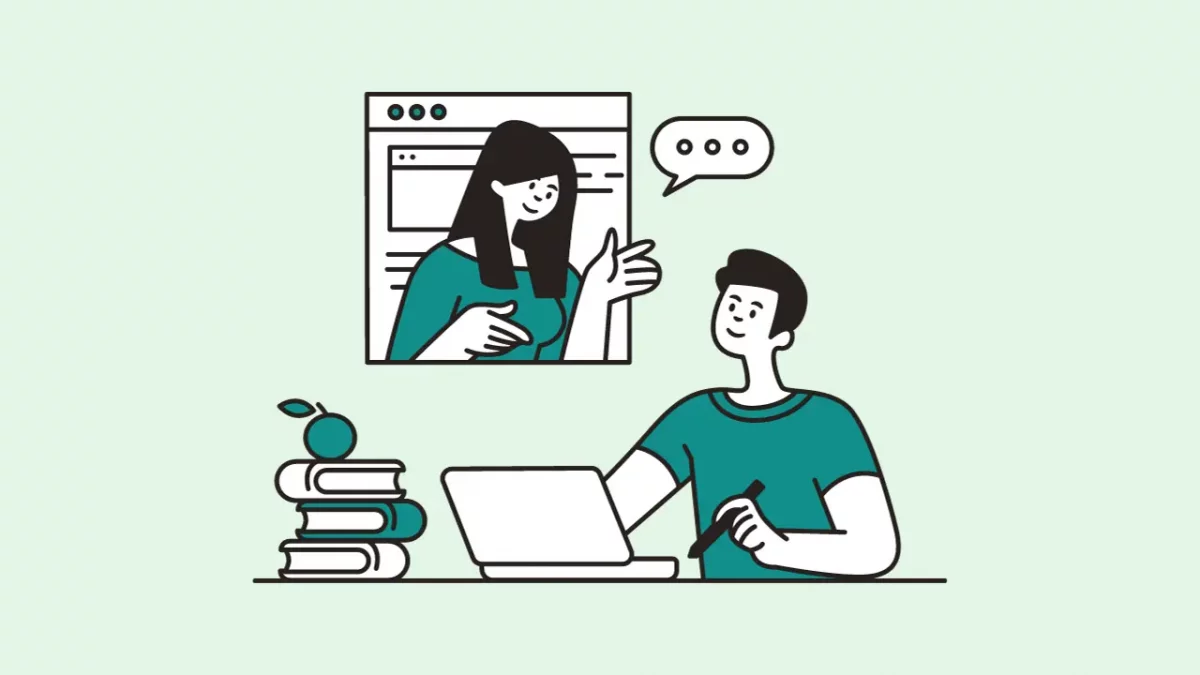
The following are a few tips for continuous learning and career growth in the field of web development:
1. Lifelong Learning
Tech is always changing. To stay ahead, you need to keep learning:
Stay Updated: Know about new tech trends and tools in web development.
Online Resources: Use blogs, tutorials, and courses to improve your skills.
2. Advanced Courses and Certifications
Boost your skills with advanced courses and certifications:
Specialized Courses: Go deeper into topics like web security or specific programming languages.
Certifications: They show you’re skilled and can help you stand out.
3. Career Paths
As you progress, different job roles become available:
Senior Developer: Take on bigger projects and guide junior developers.
Technical Lead: Lead teams and give technical advice.
Solutions Architect: Design complex projects.
Your journey as a web developer is ongoing. Keep learning, exploring new areas, and shaping your path for a successful career in web development.
Kickstart your Full Stack Development journey by enrolling in GUVI’s certified Full Stack Development Career Program with Placement Assistance where you will master the MERN stack (MongoDB, Express.js, React, Node.js) and build interesting real-life projects. This program is crafted by our team of experts to help you upskill and assist you in placements.
Alternatively, if you want to explore JavaScript through a self-paced course, try GUVI’s JavaScript self-paced course.
Conclusion
If you’re passionate about web development, don’t hesitate – get started! With each step, you’ll be closer to building websites and applications that make a difference.
Being a web developer means being part of an ever-changing world. You have the chance to create, innovate, and shape the digital landscape. Remember, your journey is unique, and the opportunities in web development are boundless.
Ready to Code? Let’s Go!
FAQs
What skills do I need to become a web developer?
To become a web developer, you’ll need to learn key programming languages like HTML, CSS, and JavaScript. These are the building blocks of websites. Additionally, you’ll benefit from problem-solving skills, an eye for design, and the ability to work well in a team. As you progress, you can explore more advanced topics like frameworks, databases, and server-side technologies.
Can I become a web developer without a formal degree?
Absolutely! While a formal degree can be helpful, it’s not the only way to become a web developer. Many successful web developers have learned through online courses, coding bootcamps, and self-study. The key is to build a strong portfolio showcasing your skills and projects. Demonstrating your abilities through practical work can often be more important than a degree.
How do I find job opportunities as a web developer?
There are several ways to find job opportunities as a web developer. You can search job boards, company websites, and professional networking platforms like LinkedIn. Networking at tech events, meetups, and conferences can also lead to job opportunities. Don’t forget to showcase your skills on platforms like GitHub and include your portfolio in your job applications. Being proactive and staying up-to-date with industry trends can help you discover exciting job openings.

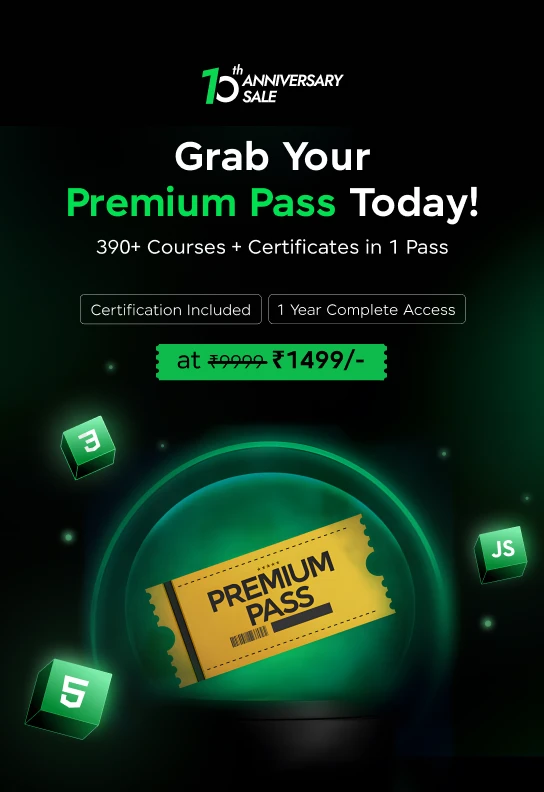









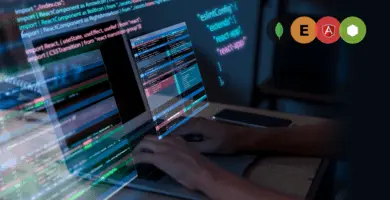
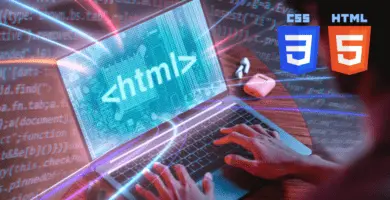








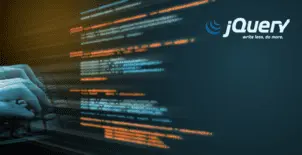
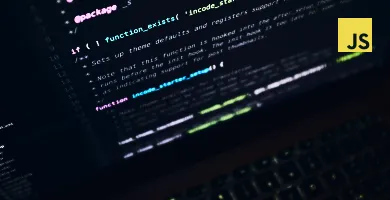
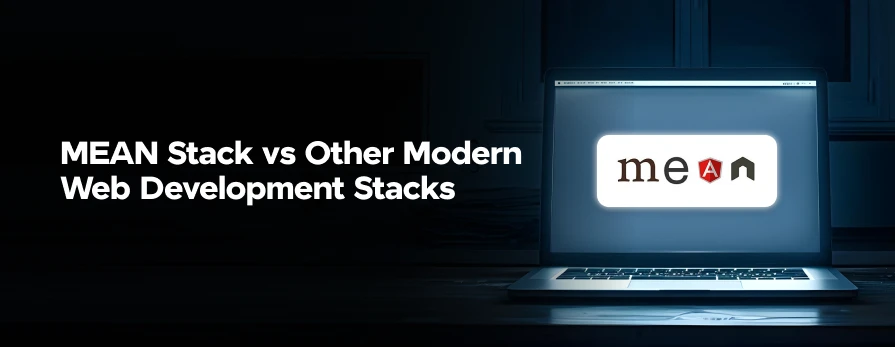
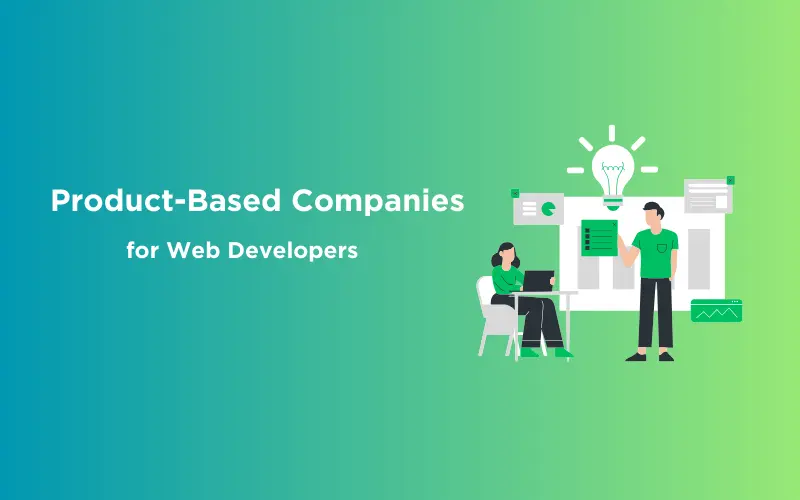




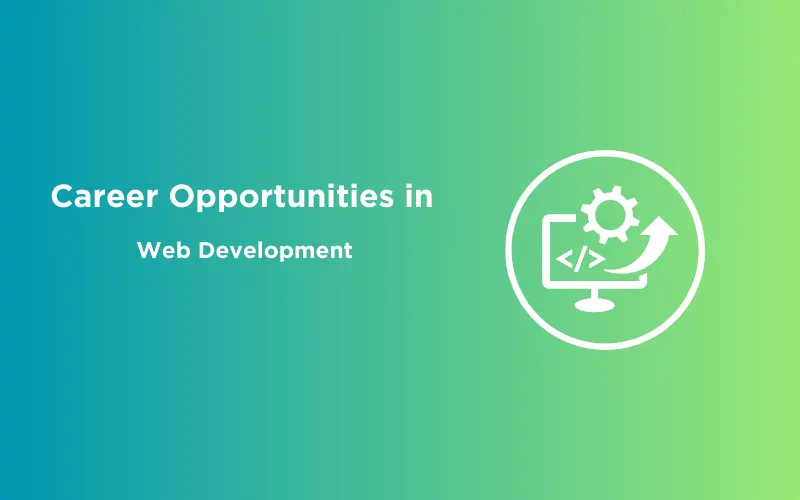
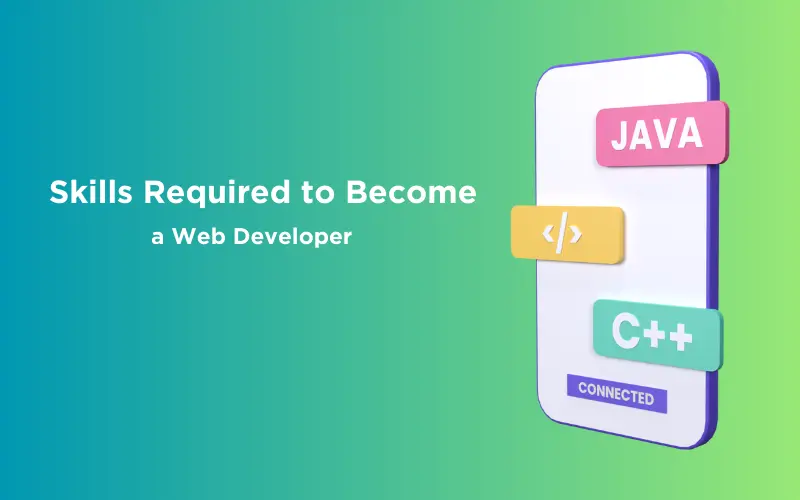
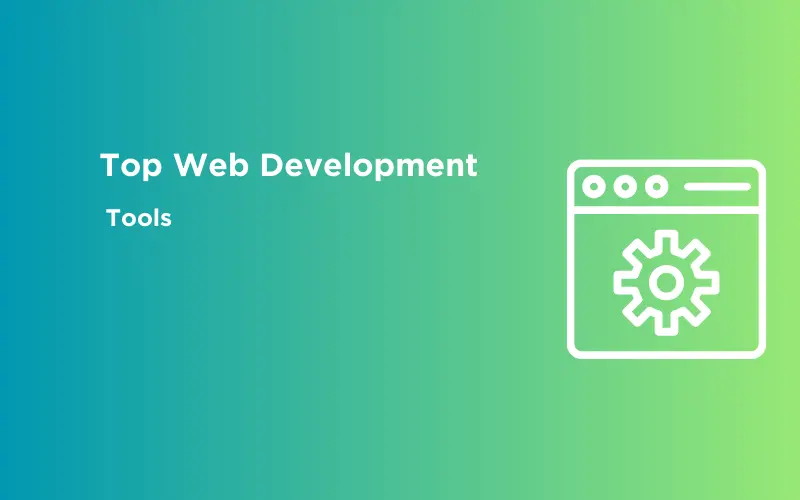
Did you enjoy this article?